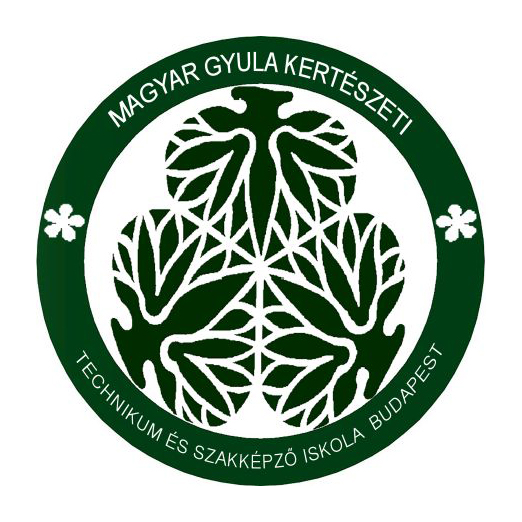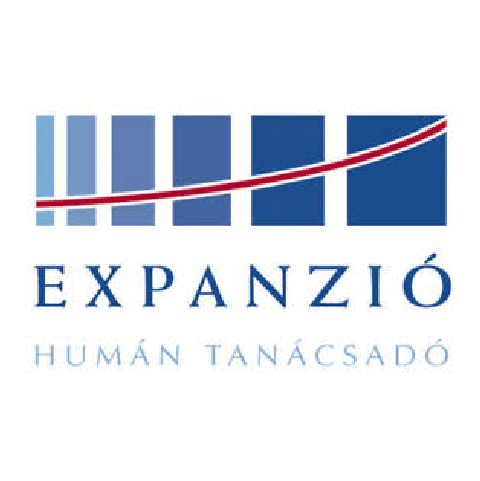Digital Culture
for the 21st Century
Vocational Education
Background, context
There are many teachers who are happy and enthusiastic about training courses that support their professional development. But when we ask educators one year after attending a course on digital pedagogy about the extent to which they could incorporate what they have learnt into their daily practice, the most optimist answer is 10-15%.

Why?
Recent research has come to the conclusion that the problem is complex - a technical device, even if it represents the most advanced digital technology, cannot solve anything in itself. An educator who, after a successful training, returns to the teachers’ room at school, equipped with some new digital skills and methodology, often finds her/himself in a vacuum.
Problems
- Lack of monitoring the efficiency and integration of training courses
Trainings in digital pedagogy and tools are widely available for in-service teachers, but most schools and educators enrol to them randomly and there is no follow-up, no organized feedback on utilization or integration. - Tension between digital challenges and the average age of educators
Online trainings are common, which is beneficial due to their flexible timing. However, because of the average age of teachers, it would be important to “physically” show them how to use digital tools and applications. - Isolated pioneers – slow changes
Educators who are open to change are often isolated. Changes are often slowed down by the lack of collaboration and knowledge sharing among teachers - Lack of institutional efforts to embed digital culture
Visiting each other’s lessons, evaluating them and collecting feedback is not a common practice in schools.
Aims of the project
The aim of the project is to develop a new training and intervention model, which is closely linked to the following sector-specific priorities in the field of vocational education and training:
- Introducing systematic approaches to, and opportunities for, the initial and continuous professional development of VET teachers, trainers and mentors in both school and work-based settings (including apprenticeships), as well as through the development of effective digital, open and innovative education and pedagogies, as well as practical tools; raising the attractiveness of the professions for VET teachers, trainers, mentors and leaders.
- Supporting the uptake of innovative approaches and digital technologies for teaching and learning, as outlined in the Digital Education Action Plan, including the effective use of the SELFIE self-reflection tool to support a comprehensive approach to innovation, and the use of digital technologies for pedagogical, administrative, technical and organisational change.
The project aims to embed the traditional digital pedagogy teacher training program in a broader context by organizing customized school-based contact training sessions, linking it to organizational development components that enhance institutional digital competence and quality culture.
Objectives
- Institutional level intervention will begin with getting commitment from the management of partner schools. In each school, a management representative – so called “change agent” - will be selected to closely work on the project with a group of teachers.
- Partner VET schools will perform an initial self-assessment on digital pedagogy at institutional and individual (teacher) level.
- Groups of teachers will participate in an online learning experience on the Digital Menu Card platform, developed by the partnership.
- Partner schools will create their own digital pedagogy strategy and will create related action plans, broken down to individual level.
- On-the-job workshops will be organized for teachers, who can put their new skills into practice and develop digital learning content for their classes with assistance from facilitators.
- Lessons will be delivered to students, using the newly developed materials and active learning methods.
- Finally, based on the experiences, a Digital Pedagogy Training and Intervention Model will be created that can easily be applied by other educational institutions as well, to support institutional level changes and continuous improvement of teaching practices.
Target groups
VET teachers, trainers and managers
Results
Five intellectual outcomes will be realized:
1: Toolkit for developing Digital Pedagogy Strategy in VET schools
2: Digital Menu Card – an online learning environment for VET teachers with micro-learning elements
3: Digital learning content developed at on-site workshops at partner VET schools
4: Case studies based on ICT-based creative classroom work
5: Digital Pedagogy Training and Intervention Model – an e-book compiling the experiences, the developed tools and the tested process for use by other educational institutions









